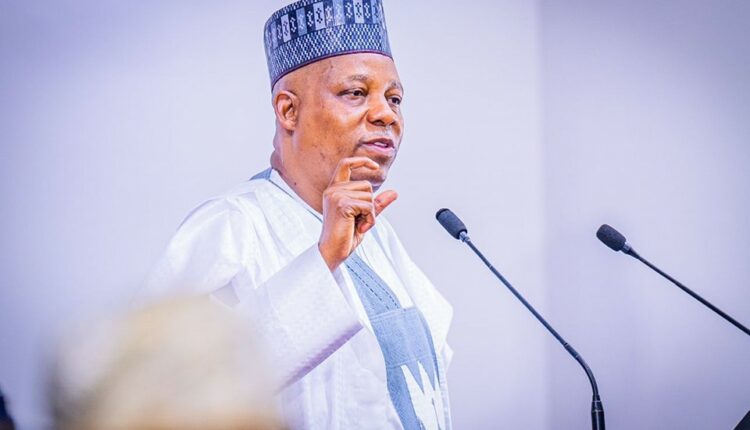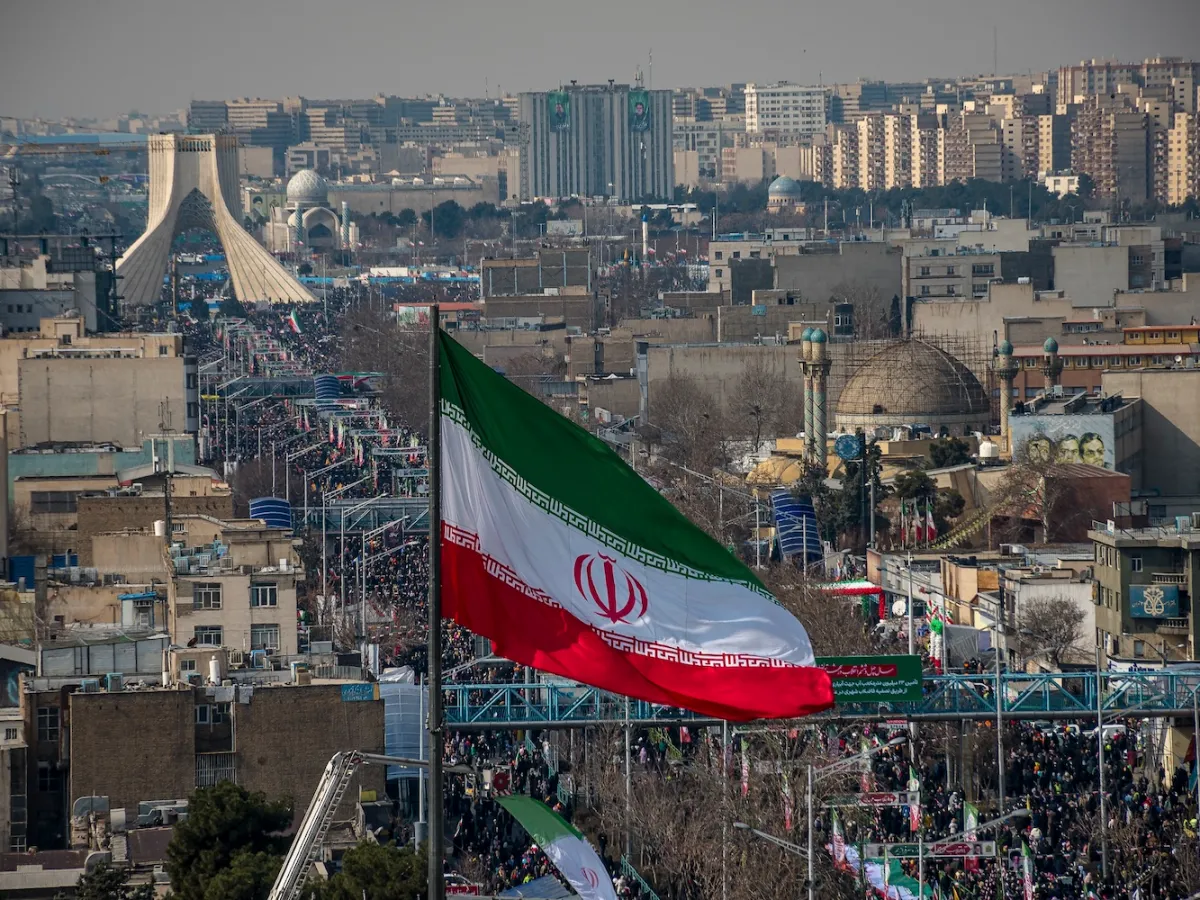Vice President Kashim Shettima recently stirred Nigeria’s political landscape with strong comments emphasizing that the president does not have the power to remove an elected governor. This statement, seen as a subtle jab at President Tinubu, was delivered at a public event in Abuja, creating waves among political observers and citizens alike.
During his remarks, Shettima recalled his personal experience as the former governor of Borno State under President Goodluck Jonathan. He narrated how then-Attorney General Mohammed Bello Adoke and former Speaker Aminu Tambuwal advised Jonathan that no president could legally remove a sitting governor. By sharing this story, Shettima positioned himself as a fierce defender of Nigeria’s constitutional integrity, underlining the importance of respecting democratic structures.
This bold move comes at a time when discussions around governance and constitutional adherence are heating up, especially in light of recent controversies in Rivers State involving Governor Fubara. Many analysts believe Shettima’s comments indirectly criticized the president’s reported attempts to influence the state’s leadership, adding new layers to internal dynamics within the ruling All Progressives Congress (APC).
Shettima didn’t stop at addressing constitutional issues. He used the same platform to encourage public officials to document their service records. According to him, every leader should leave behind a transparent legacy for future generations to judge. This call for accountability resonates with many Nigerians who have long demanded better governance and openness from their leaders.
In a rare show of political unity, Shettima also extended an olive branch to rivals across different parties, stressing that nation-building should always rise above partisan divides. His remarks about figures like Nasir El-Rufai and Rabiu Kwankwaso underscored his belief in inclusive leadership and constructive dialogue, regardless of political affiliation.
The vice president’s statements have not only ignited constitutional debates but also raised questions about the evolving relationship between him and President Tinubu. Some observers interpret his remarks as a sign of growing independence and a possible strategic move ahead of future elections.
These developments point to a shifting narrative in Nigeria’s political scene where leaders are beginning to openly challenge established norms and call for stronger adherence to democratic principles. With Shettima taking center stage, Nigerians can expect more robust discussions on the true meaning of governance, accountability, and the balance of power.
As the story continues to unfold, all eyes are on the presidency and the National Assembly to see how they will respond to this open constitutional defense by the vice president. It also sets the stage for possible realignments within the APC and beyond, as Nigeria moves closer to future electoral cycles.
Vice President Shettima’s recent boldness reflects a wider demand among Nigerians for leaders who prioritize the rule of law and transparency over personal or party interests. His latest intervention not only strengthens his image as a defender of democracy but also highlights the growing importance of constitutional literacy in the country’s political discourse.
Stay tuned for further updates as the situation develops and more reactions emerge from political stakeholders and the public. This could very well be the beginning of a new chapter in Nigeria’s leadership narrative.






